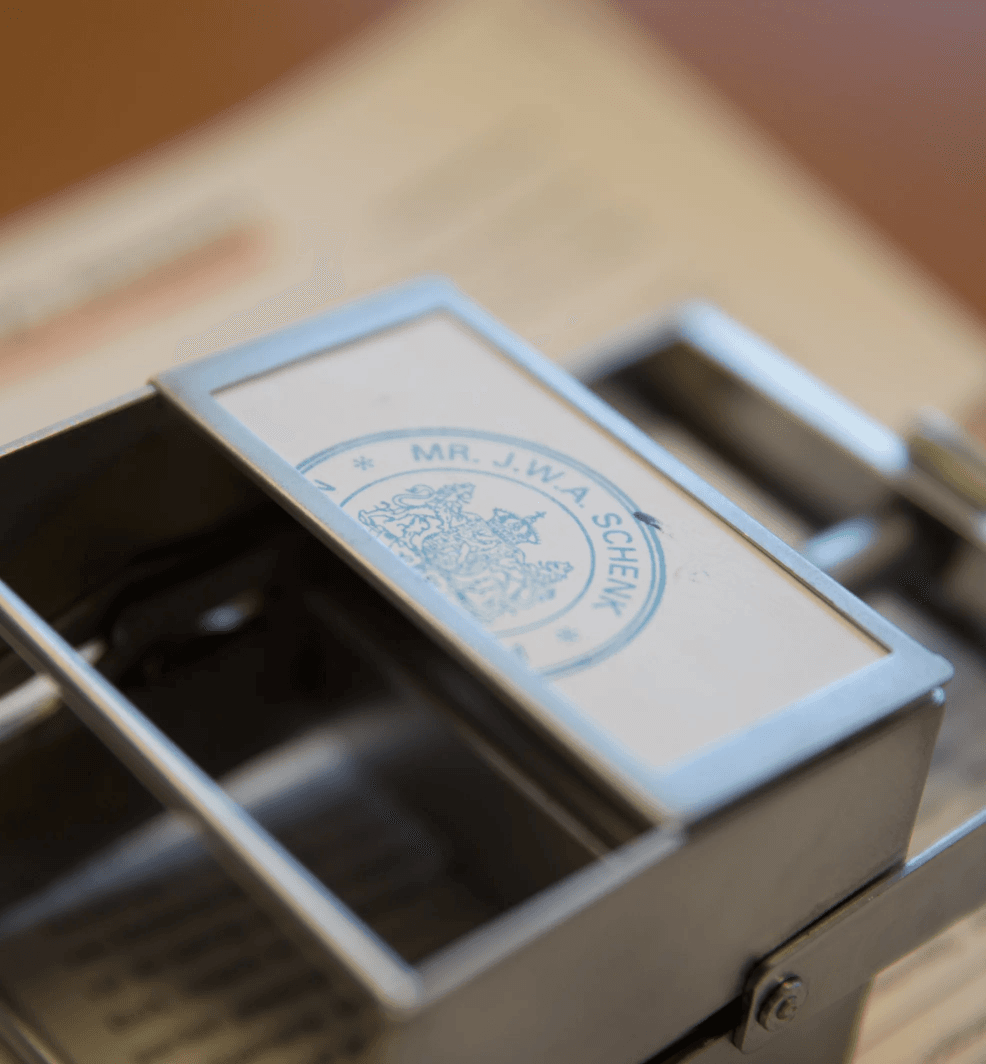Wij zetten advies om in actie
Van complexiteit naar helderheid
Bij HVK Stevens combineren we juridische, fiscale en financiële expertise om complexe vraagstukken op te lossen. We bieden op maat gemaakte oplossingen die jouw ambities ondersteunen en jouw doelen veiligstellen



Voor wie we werken



Private Wealth
De juiste strategie begint bij inzicht
Vermogende families en particulieren staan voor complexe uitdagingen bij het behouden, structureren en overdragen van hun vermogen. Wet- en regelgeving verandert voortdurend, en een strategische aanpak is essentieel om financiële en fiscale belangen te beschermen. Bij HVK Stevens bieden we maatwerkoplossingen die passen bij jouw situatie, doelen en ambities



Nieuwscentrum
Nieuws en inzichten
Blijf op de hoogte van de laatste ontwikkelingen op juridisch, fiscaal en financieel gebied. Ontdek inzichten, analyses en updates die relevant zijn voor jouw onderneming of vermogen
Vastgoedcontinuïteit: wanneer vermogen in stenen een liquiditeitsprobleem vormt
Hoe voorkom je dat een fiscale claim na overlijden je vastgoedportefeuille onder druk zet? Als vastgoedondernemer of belegger zit je vermogen in stenen. Bij een onverwacht overlijden kan dit grote gevolgen hebben wanneer je een meerwaarde hebt opgebouwd, omdat je dan wordt geconfronteerd met een zeer hoge belastingaanslag. Vanwege het feit dat het geld veelal in stenen vastzit, dreigt (gedwongen) verkoop op een ongunstig moment of een dure herfinanciering.
Beperkt heffingsrecht Nederland bij in buitenland gehouden lucratief belang
Op 28 januari 2025 heeft het Gerechtshof 's-Hertogenbosch de eerdere uitspraak van Rechtbank Zeeland-West-Brabant van 7 maart 2024 bevestigd. Het Gerechtshof concludeert dat bij een onmiddellijk gehouden lucratief belang dividenden onder het dividendartikel en vervreemdingswinsten onder het vermogenswinstartikel van het belastingverdrag vallen, en dus (in tegenstelling tot het standpunt van de Belastingdienst) niet onder het niet-zelfstandige arbeid artikel.
HVK Stevens adviseert Five Guys over IP-migratie en gesecuriseerde schuldfinanciering
Met succes hebben wij Five Guys LLC geadviseerd bij twee baanbrekende grensoverschrijdende transacties, waarbij zowel een migratie van intellectueel eigendom als een innovatieve gesecuritiseerde schuldfinancieringsstructuur betrokken waren.
Wetsvoorstel voor digitale algemene vergaderingen aangenomen door Tweede Kamer
Nederland zet een belangrijke stap in de modernisering van corporate governance met wetgeving die volledig digitale algemene vergaderingen mogelijk maakt. De Tweede Kamer heeft het wetsvoorstel voor de Wet digitale algemene vergadering privaatrechtelijke rechtspersonen aangenomen.
Besluit Uitsluiting Aftrek ("BUA") Handleiding 2025
Als uitgangspunt geldt dat een btw-ondernemer de btw op kosten voor ingekochte goederen en diensten in aftrek kan brengen als deze worden gebruikt voor het verrichten van btw-belaste prestaties. Aan het einde van het boekjaar moet de ondernemer nagaan of hij een correctie moet maken voor eerder in aftrek gebrachte btw op aangeschafte goederen en diensten die (deels) consumptief zijn gebruikt door bijvoorbeeld personeelsleden of relaties.
Eindejaarstips btw
Als ondernemer voor de omzetbelasting dien je met een aantal zaken rekening te houden bij de btw-aangifte over het laatste tijdvak van 2025. In deze nieuwsbrief attenderen wij je op een aantal nuttige tips en aandachtspunten. Bovendien gaan wij in op enkele wijzigingen in de btw-wetgeving die per 1 januari 2026 ingaan.
Op de hoogte blijven
Schrijf je in voor onze nieuwsbrief en ontvang het laatste nieuws over juridische, fiscale en financiële ontwikkelingen direct in je inbox

Dankzij HVK Stevens konden we onze bedrijfsstructuur optimaliseren en groeikansen benutten



Over ons
Gedreven, betrokken en daadkrachtig
Onze aanpak gaat verder dan vakinhoudelijke expertise. Wij werken samen in multidisciplinaire teams, zodat we complexe vraagstukken kunnen oplossen met maatwerkoplossingen die écht bij jou passen
ContactPersoonlijk
Voor ons draait alles om een persoonlijke band; we luisteren, begrijpen en zetten ons in om jouw ambities waar te maken. Wij maken het complexe simpel. Geen lange, theoretische verhalen, maar duidelijke adviezen en praktische antwoorden die jou verder helpen. Dat is hoe wij het verschil maken
Onze mensenContact


Werken bij HVK Stevens
Groei mee
Bij HVK Stevens krijg je de ruimte om te groeien, impact te maken en écht het verschil te betekenen voor onze cliënten. In een ondernemende en betrokken werkomgeving werk je samen met experts aan complexe, uitdagende vraagstukken
Vacatures

